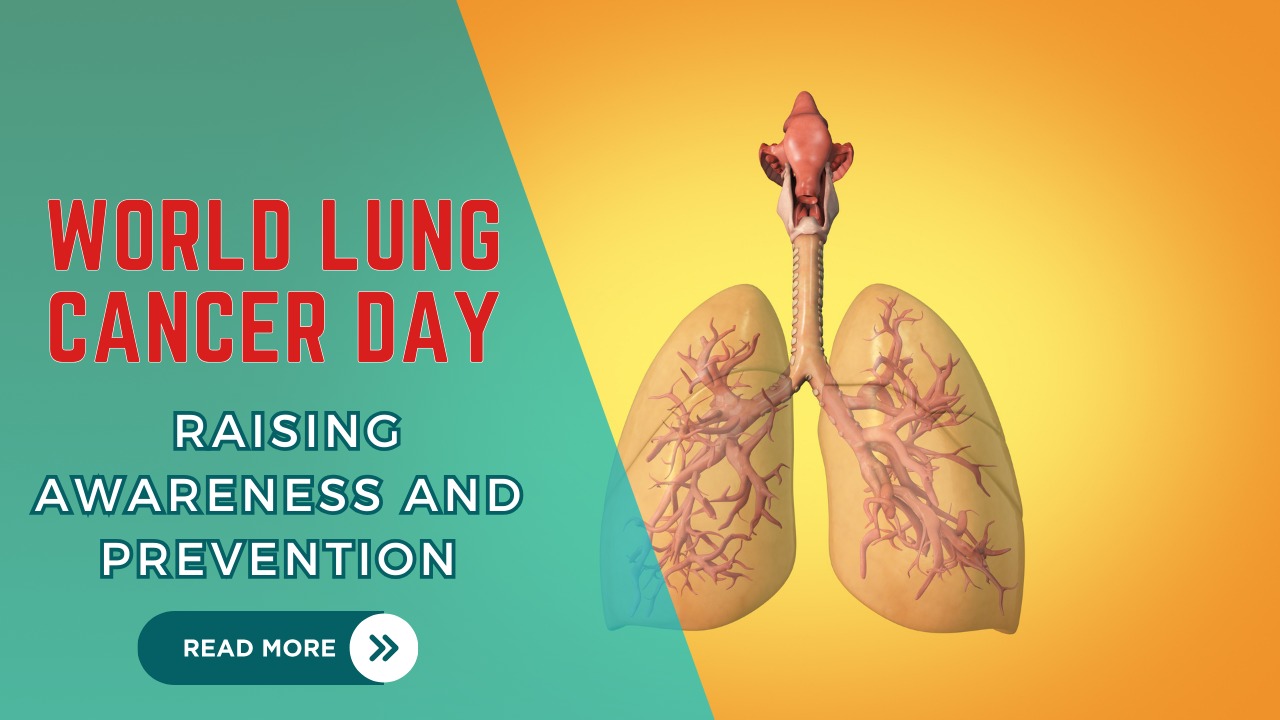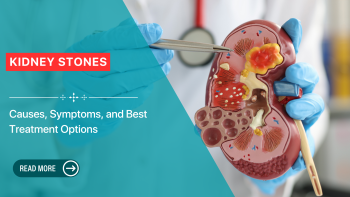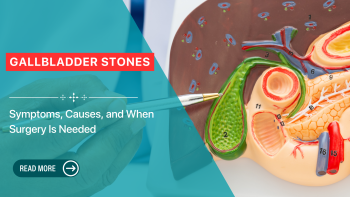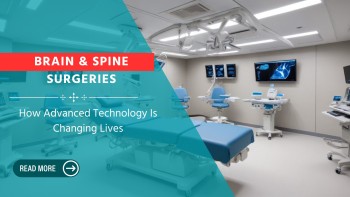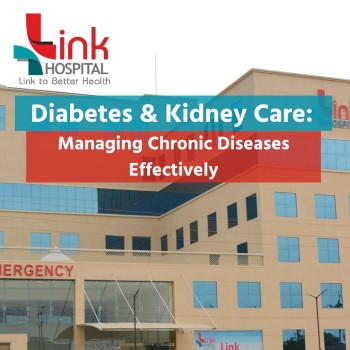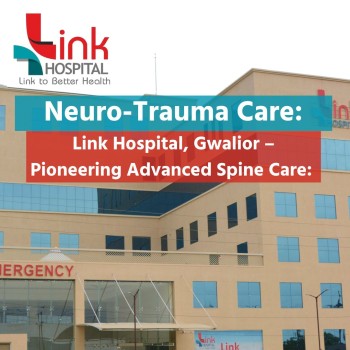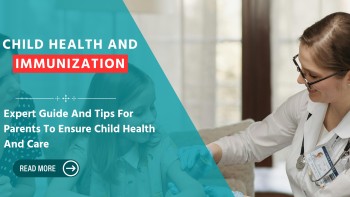World Lung Cancer Day is observed annually on August 1st to
raise awareness about lung cancer, the leading cause of cancer deaths
worldwide. This day is dedicated to spreading knowledge about lung cancer
prevention, early detection, and treatment options. It also aims to support
those affected by the disease and their families and to advocate for stronger
policies and funding for lung cancer research.
Understanding Lung Cancer
Lung cancer originates in the tissues of the lungs, usually in
the cells lining the air passages. It is primarily divided into two main types:
Types of Lung Cancer
1.
Non-Small Cell
Lung Cancer (NSCLC): This is the most common type, accounting for about 85%
of all lung cancers. It includes subtypes such as adenocarcinoma, squamous cell
carcinoma, and large cell carcinoma.
2.
Small Cell Lung
Cancer (SCLC): This type is less common but more aggressive. It tends to
spread more quickly than NSCLC and is often found in heavy smokers.
Symptoms of Lung Cancer
Lung cancer symptoms can vary depending on the stage and type
of cancer. Common symptoms include:
●
Persistent cough
●
Chest pain
●
Shortness of breath
●
Unexplained weight loss
●
Coughing up blood
●
Hoarseness
●
Recurrent respiratory infections
Risk Factors and Prevention
Understanding the risk factors for lung cancer is crucial for
prevention. While some risk factors are beyond our control, others can be
managed through lifestyle changes.
Major Risk Factors
●
Smoking: The
leading cause of lung cancer, responsible for approximately 85% of cases. Both
active and passive smoking increases the risk.
●
Exposure to
Radon Gas: Radon is a radioactive gas that can accumulate in homes and
buildings.
●
Exposure to
Asbestos and Other Carcinogens: Occupational exposure to substances like
asbestos, arsenic, and certain chemicals.
●
Family History:
A family history of lung cancer can increase an individual's risk.
●
Air Pollution:
Long-term exposure to polluted air can contribute to lung cancer risk.
Prevention Strategies
●
Quit Smoking:
The most effective way to reduce lung cancer risk. Seek support from cessation
programs if needed.
●
Test for Radon:
Home testing for radon and taking steps to reduce high levels can lower risk.
●
Avoid
Carcinogens: Use protective equipment if working in environments with
hazardous substances.
●
Healthy Diet and
Exercise: A balanced diet rich in fruits and vegetables and regular
physical activity can boost overall health and potentially reduce cancer risk.
● Regular Check-ups: Routine medical check-ups can help in early detection and intervention.
Importance of Early Detection
Early detection of lung cancer significantly improves the
chances of successful treatment. Unfortunately, many cases are diagnosed at an
advanced stage due to the subtle nature of early symptoms.
Screening Methods
●
Low-Dose CT
Scans: Recommended for high-risk individuals, such as long-term smokers and
those with a significant smoking history. These scans can detect lung cancer at
an early stage.
●
Chest X-rays and
Sputum Cytology: Less commonly used but can still play a role in detection.
Advances in Diagnostic
Techniques
●
Biomarker
Testing: Identifying specific genetic mutations and biomarkers that can
guide personalized treatment.
●
Liquid Biopsies:
A non-invasive method that detects cancer-related DNA in the blood.
Treatment Options
Treatment for lung cancer depends on the type, stage, and
overall health of the patient. Advances in medical research have improved the
prognosis and quality of life for many patients.
Standard Treatments
●
Surgery:
Removing the tumour and surrounding tissue, typically used in early-stage
NSCLC.
●
Radiation
Therapy: Using high-energy rays to kill cancer cells. Can be used alone or
in combination with other treatments.
●
Chemotherapy:
Using drugs to kill or slow the growth of cancer cells. Often used for SCLC and
advanced NSCLC.
Targeted Therapy and
Immunotherapy
●
Targeted
Therapy: Drugs designed to target specific genetic mutations or proteins in
cancer cells. Examples include EGFR inhibitors and ALK inhibitors.
●
Immunotherapy:
Boosts the body’s immune system to fight cancer. Checkpoint inhibitors, such as
pembrolizumab and nivolumab, have shown promising results.
Supporting Patients and Families
A lung cancer diagnosis affects not just the patient but also
their loved ones. Comprehensive support is crucial for coping with physical,
emotional, and financial challenges.
Patient Support Services
●
Counselling and
Psychotherapy: Helps patients and families deal with the emotional impact
of the disease.
●
Support Groups:
Provides a platform for sharing experiences and receiving support from others
facing similar challenges.
●
Palliative Care:
Focuses on relieving symptoms and improving the quality of life for patients
with advanced cancer.
Conclusion
World Lung Cancer Day serves as a critical reminder of the
ongoing battle against lung cancer. By raising awareness, promoting prevention,
supporting patients, and advocating for research, we can make significant
strides in reducing the impact of this devastating disease. Let us unite on
this day to honour those affected by lung cancer and to renew our commitment to
a future where lung cancer is a preventable and manageable condition.
